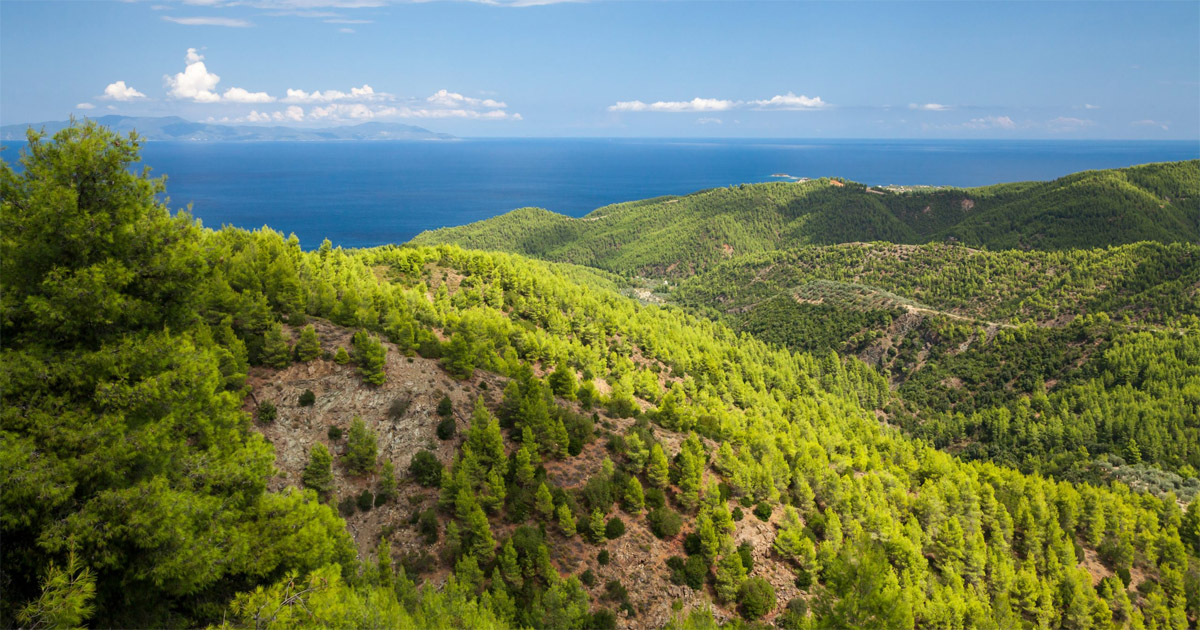As the need for sustainable use peatlands increases, the aim of this study is to identify ways to increase the application of agrosilvofishery as an alternative to the traditional sonor system. Herein, the researchers investigate the perception of peatland degradation and the willingness to participate in agrosilvofishery among peatland residents. The researchers interviewed 228 households in Perigi Village, South Sumatra, Indonesia, and surveyed 137 peatland owners. Logistic regression analysis revealed a positive correlation between the willingness to participate in agrosilvofishery and household expenses, plans to improve peatland productivity, and knowledge regarding mixed farming in farmer and non-farmer groups. Willingness to provide labor for agrosilvofishery was positively correlated with household expenses and experience with farmer organizations. For both groups, the willingness to participate had a more substantial impact on the willingness to contribute to the agrosilvofishery financially than on the willingness to provide labor. It is imperative to consider various educational, institutional, research, and cultural factors that enable peatland agrosilvofisheries to contribute to the income and livelihood of the residents of Perigi Village. Institutional arrangements should be established, including initial capital support for restoration projects and a system involving the entire village community. This study can contribute to offering guidance for implementing agrosilvofisheries and enhance the practicality of field applications for peatland restoration.
Download:
DOI:
https://doi.org/10.3390/land13040539
Skor altmetrik:
Jumlah Kutipan Dimensi:




















